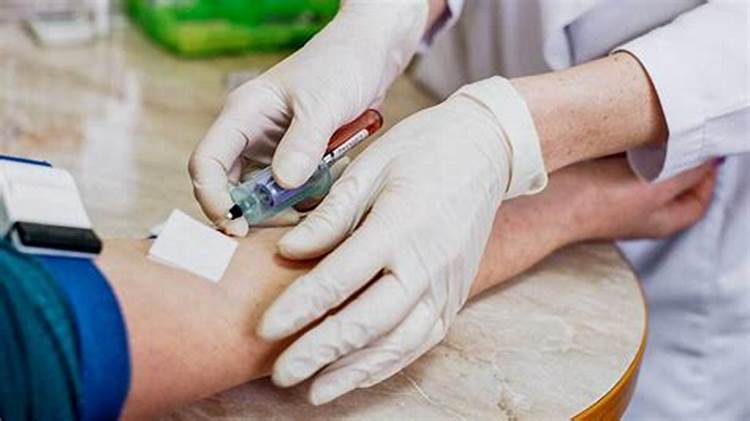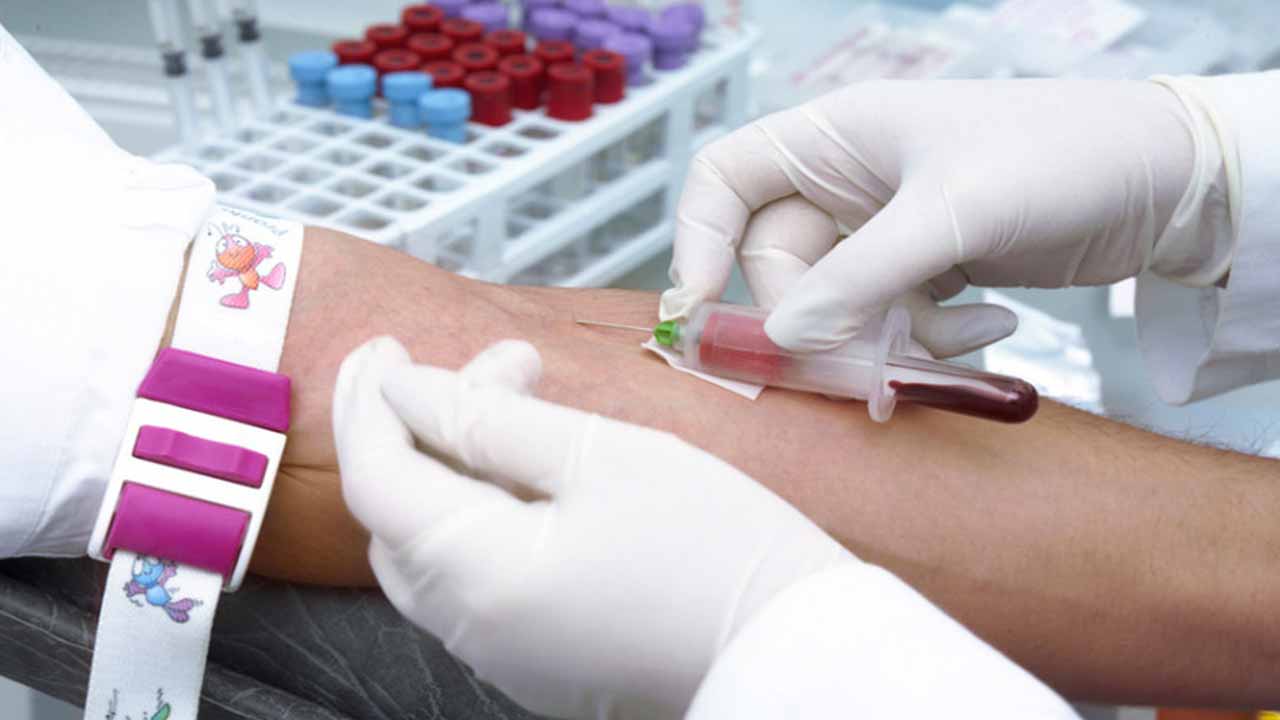In the realm of medical diagnostics, concerns frequently arise about external factors that might influence the accuracy of blood tests. Among these factors, the impact of alcohol consumption holds particular intrigue. As a widely prevalent social indulgence, the question of whether alcohol can disrupt the results of blood tests is a common one.
This exploration delves into the potential effects of alcohol on various blood parameters and seeks to unveil the veracity of the claim that alcohol can indeed interfere with blood test outcomes. By sifting through medical insights and scientific understanding, we aim to provide clarity on the intriguing query: Can alcohol truly disrupt blood test results?
Table of Contents
ToggleUnderstanding Blood Tests: A Vital Diagnostic Tool
Blood tests, commonly referred to as laboratory tests or blood screens, are crucial in contemporary healthcare because they offer important information about a person’s general health and specific body functions.
The findings of these tests, which include examining a small amount of blood taken from an individual’s vein, provide essential information that aids medical professionals in the diagnosis of illnesses, the monitoring of conditions, and the evaluation of general health.
Liver Function tests (LFTs) examine enzymes and proteins related to liver health, while a Lipid Panel measures cholesterol and triglyceride levels, aiding in assessing cardiovascular risk. Blood glucose levels are monitored through tests like Fasting Blood Sugar and Hemoglobin A1c, which are crucial for diagnosing diabetes and managing blood sugar control.
The Crucial Significance of Accurate Results
Accurate blood test results are fundamental for proper medical assessment and diagnosis. These results provide a snapshot of a patient’s internal health, offering clues about potential problems even before symptoms manifest. For instance, abnormal CBC results might suggest anemia or infection, prompting further investigation. Similarly, elevated liver enzymes could point toward liver dysfunction, necessitating timely intervention.
Inaccurate blood test results could lead to misdiagnosis or the omission of necessary treatments. It’s here that the question arises: “Will alcohol mess up my blood test?” The potential for alcohol to influence certain blood parameters underscores the need for clarity in understanding this relationship.
The Relationship Between Alcohol and Blood Test Results

Due to its intricate connection to the body’s metabolic systems, alcohol consumption can significantly affect a number of blood test markers. Understanding the effects that alcohol may have on particular indicators and how it is metabolized.
Alcohol Metabolism: A Brief Overview
After consumption, the body goes through a number of processes to metabolize alcohol. The liver, which transforms alcohol into acetaldehyde and acetate, as well as other metabolites, is principally responsible for this process.
Impact on Liver Enzymes (AST, ALT, GGT)
The liver is heavily taxed by the metabolism of alcohol, which could result in increased blood levels of liver enzymes. Elevated levels of the enzymes aspartate aminotransferase (AST) and the alanine amino signify liver injury. Levels of AST and ALT may rise due to liver inflammation brought on by alcohol. Gamma-glutamyl transferase (GGT), another liver enzyme, may also rise due to alcohol consumption, indicating liver stress.
Effect on Blood Glucose Levels
Alcohol may interfere with how the body regulates blood sugar. It makes the liver not as capable of releasing glucose, which could result in hypoglycemia (low blood sugar).
Influence on Lipid Profile (Cholesterol and Triglycerides)
Alcohol may influence lipid metabolism, especially when used excessively. The level of HDL cholesterol may be slightly improved by moderate alcohol use, while excessive drinking of alcohol can raise cholesterol levels.
Effect on Complete Blood Count (CBC)
Alcohol can affect components of the complete blood count. Regular consumption of alcohol that prevents the production of red blood cells can lead to anemia. Additionally, it might have an impact on white blood cell counts, which might weaken the immune system.
Factors Influencing Blood Test Results After Alcohol Consumption
The relationship between alcohol consumption and blood test results is nuanced and influenced by various factors. Understanding these factors is essential for accurately interpreting blood test outcomes in the context of alcohol consumption.
Timing of Alcohol Consumption and Blood Tests
The timing of alcohol consumption in relation to blood tests is crucial. Alcohol’s impact on blood markers can vary depending on when the test is conducted after drinking. For instance, liver enzymes might be elevated immediately after drinking but return to normal after a period of abstinence.
Effect of Alcohol Quantity: Moderate vs. Heavy Drinking
The amount of alcohol taken has a sizable impact on the outcomes of blood tests. When compared to severe or binge drinking, moderate alcohol consumption—generally regarded as one to two typical drinks for each day—may show a less drastic impact on blood indicators.
Individual Differences in Metabolism, Age, and Health
Individual variations in metabolism, age, and overall health contribute to the diverse responses to alcohol’s effects on blood tests. Metabolism can determine how quickly alcohol is processed, influencing the duration of its impact on blood markers.
Interpreting Blood Test Results Holistically
To accurately interpret blood test results after alcohol consumption, a holistic approach is necessary. Communicating openly about alcohol habits is crucial for precise interpretation.
Recommendations for Preparing for Blood Tests
Preparing for a blood test involves a few crucial steps to ensure accurate results that truly reflect your baseline health. Among these steps, managing alcohol consumption plays a significant role in obtaining reliable test outcomes.
Disclose Alcohol Consumption
Inform your healthcare provider about your alcohol consumption habits honestly. This information helps them interpret test results accurately and provide appropriate medical guidance.
Refrain from Alcohol
Whenever possible, avoid consuming alcohol for a specific period before the blood test. In general, refraining from alcohol for at least 24 hours before the test is advisable.
Stay Hydrated
Drinking plenty of water before a blood test can help maintain proper hydration levels and facilitate the blood-drawing process. However, avoid excessive water consumption immediately before the test, as it might dilute the blood sample.
Importance of Following Healthcare Provider’s Instructions
Your healthcare provider’s instructions are tailored to your individual health needs and the specific blood tests you’ll undergo. Deviating from their recommendations, including alcohol consumption guidelines, could lead to inaccurate results.
Emphasizing Transparency and Compliance
Transparency regarding alcohol consumption is crucial for accurate test interpretation. If you’ve consumed alcohol within the recommended time frame, communicate this to your healthcare provider. This information allows them to adjust their analysis accordingly.
Conclusion
In unraveling the query, “Will alcohol mess up with my blood test?” we’ve journeyed through the intricate interplay of alcohol and medical diagnostics. Our exploration reveals that alcohol can indeed influence blood test results, with effects ranging from elevated liver enzymes to disrupted glucose levels.
However, this relationship is nuanced, impacted by timing, quantity consumed, and individual factors. To ensure accurate results, transparency with healthcare providers and adherence to their instructions are imperative. In this dynamic landscape, understanding the delicate balance between alcohol consumption and reliable blood test outcomes empowers us to make informed decisions about our health.

I am a passionate beer connoisseur with a deep appreciation for the art and science of brewing. With years of experience tasting and evaluating various beers, I love to share my opinions and insights with others and I am always eager to engage in lively discussions about my favorite beverage.
















